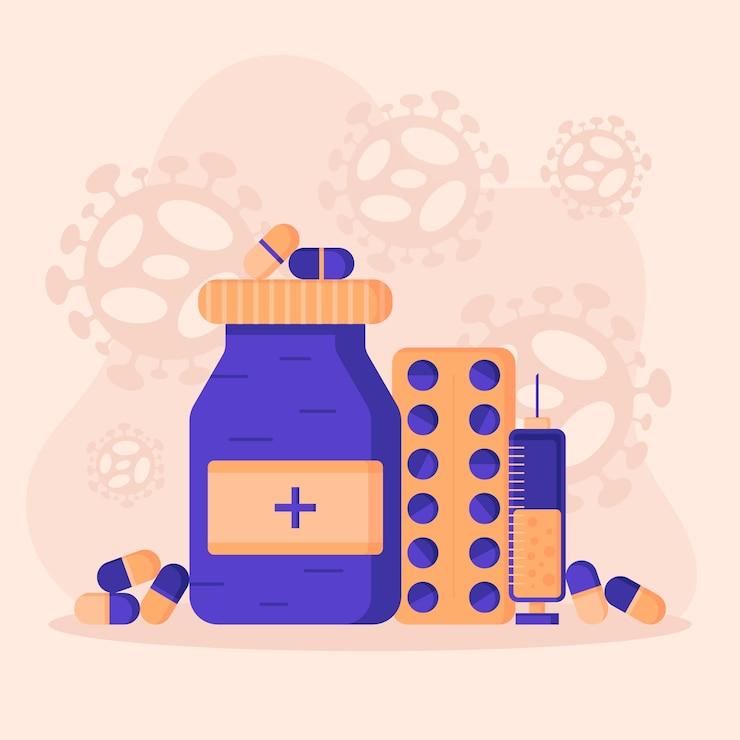
Ativan is a powerful benzodiazepine, often referred to by slang terms like “benzos,” “goofballs,” or “heavenly blues.” While commonly prescribed for specific medical conditions, it carries a high risk of abuse and addiction, leading to both physical and mental dependence. Factors like a person’s history with drug or alcohol use, genetics, and mental health conditions can increase their susceptibility to developing an addiction to Ativan.
How Ativan Addiction Affects People
Someone addicted to Ativan often experiences intense cravings and continues to use the drug despite its negative impact on various aspects of their life. Here are some of the issues you might notice in someone struggling with Ativan addiction:
– Strained family relationships
– Conflicts with friends or loved ones
– Decline in work, school, or household responsibilities
– Risky behavior and dangerous situations
– Loss of interest in hobbies or activities
– Social withdrawal and isolation
– Financial problems
If you recognize these signs in someone you care about, it’s crucial to intervene by seeking help and guiding them toward recovery before the addiction causes irreversible damage.
The Challenge of Regular Use
Frequent Ativan users often build a tolerance to the drug, prompting them to increase their dosage to achieve the same effects. Many people struggling with addiction understand the harm it brings to their lives but feel unable to stop due to the severe challenges of withdrawal. Successfully quitting often requires professional help, including rehab programs, therapy, and medically supervised detoxification.
What Is Ativan?
Ativan, the brand name for Lorazepam, is commonly prescribed to treat anxiety, insomnia, or even seizures. While it can be effective for short-term use, its high potency means doctors usually avoid prescribing it for more than four months to prevent addiction. Ironically, Ativan is sometimes used to help patients manage symptoms of alcohol withdrawal. The drug works by blocking the neurotransmitter GABA (gamma-aminobutyric acid), which helps calm hyperactive thought processes.
Ativan is typically available in two forms: quick-dissolving tablets or a concentrated liquid taken orally. The full effects of the drug are felt about 45 minutes after consumption, and it takes 20 to 100 hours to clear from the body. Misuse can lead to addiction and withdrawal symptoms, making it even harder to stop.
Signs of Ativan Abuse
Many patients prescribed Ativan may not realize they’ve become addicted. Taking higher-than-prescribed doses or using the drug longer than advised is considered abuse and can be harmful. When used recreationally, Ativan may produce:
– An intense, euphoric high
– A deep sense of calm
– Muscle relaxation
– Drowsiness
Some people abuse Ativan to achieve a high, and this misuse often leads to addiction. When combined with other substances, such as alcohol, the risks of abuse and overdose increase significantly.
Recognizing an Ativan Overdose
Mixing Ativan with alcohol or other substances greatly increases the risk of an overdose, which can be fatal in severe cases. Watch for these signs of an overdose:
– Confusion
– Slurred speech
– Extreme fatigue
– Loss of motivation
– Poor coordination
– Muscle weakness
– Low blood pressure
– Slowed breathing
– Fainting or passing out
– Coma
If you suspect someone is experiencing an overdose, seek immediate medical attention.
Common Drug Combinations With Ativan
People abusing Ativan may combine it with other substances to enhance its effects. Some of the most dangerous combinations include:
1. Opioids: Drugs like codeine, oxycodone, morphine, and heroin increase the risk of slowed breathing, severe side effects, and potentially death when combined with Ativan.
2. Cocaine and Amphetamines: Ativan is sometimes used to “come down” from the stimulant effects of cocaine or amphetamines.
3. Methadone: This combination is particularly dangerous since both drugs are central nervous system (CNS) depressants, which can cause respiratory failure and fatal overdose.
4. Alcohol: Mixing Ativan with alcohol magnifies its sedative effects, leading to over-sedation, respiratory failure, coma, or even death.
These combinations are extremely risky and highlight the dangers of misusing Ativan with any other substances.
Getting Help for Ativan Addiction
Recovering from Ativan addiction typically involves spending a minimum of 30 days in a rehab program. This includes therapy, support groups, and learning strategies for managing cravings and avoiding triggers. Seeking help from medical professionals or joining a support group can provide the guidance and encouragement needed to achieve and maintain sobriety.
Understanding the risks of misusing Ativan can help you or your loved ones avoid falling into addiction. If someone you care about—or you yourself—has developed an addiction, it’s important to take action immediately. Getting the right treatment and support can lead to a healthier, happier future.